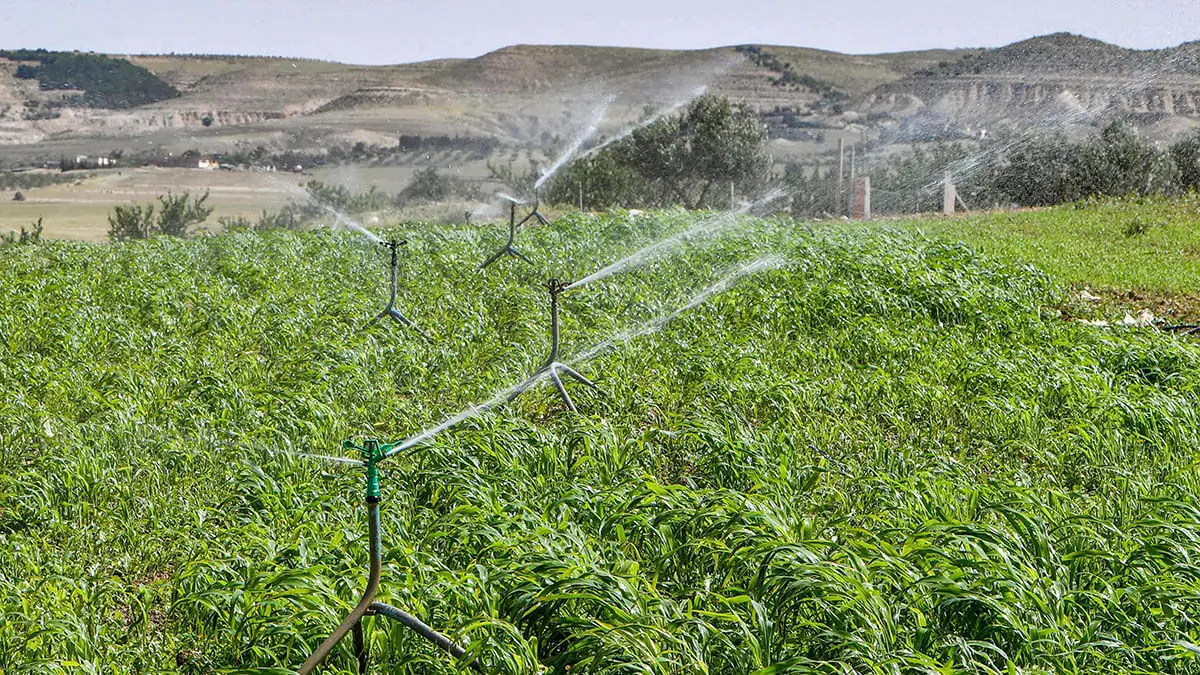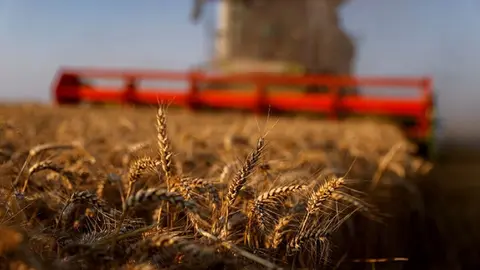Morocco will expand water irrigation to one million hectares by 2030

Morocco plans to expand irrigation technology to a total area of one million hectares by 2030. This was announced by the Minister of Agriculture, Maritime Fisheries, Rural Development, Water and Forestry, Mohamed Sadiki, during a session in Parliament.
Sadiki detailed some of the measures taken by the government to double water efficiency and support the sustainability of irrigated agriculture.
These measures include the expansion of irrigation on an area of 70,000 hectares and the rehabilitation of small and medium hydraulic perimeters on an area of 200,000 hectares.

Sadiki's ministry also plans to increase water supply by building dams and establishing desalination plants to irrigate an additional 120,000 hectares.
In this regard, the Agriculture Minister recalled structural projects promoted by Rabat, such as water conduction and the interconnection between river basins, which will provide approximately one billion cubic metres of water.
As Sadiki stressed, these efforts will enable the agricultural sector to mobilise a strategic water stock of around 3 billion cubic metres, a key step towards achieving food sovereignty in the Kingdom.
For the time being, Sadiki pointed out that the Ministry's initiatives have already succeeded in expanding the total irrigated areas to 1.8 million hectares, modernised irrigation networks on more than 175,000 hectares, of which more than 80% are small-scale farmers.
Furthermore, 850,000 hectares have been equipped with drip irrigation systems. Sadiki stressed the need to prioritise the conservation of fruit trees and permanent crops, as well as to rationalise water use in collaboration with relevant partners.
One of the current challenges facing Morocco is persistent drought, an effect of climate change that is affecting the country's agriculture, a key pillar of the national economy.
The lack of rainfall is seriously affecting crops, as autumn and winter sown areas have decreased, with cereals being the most affected by this problem. The land devoted to this crop has been reduced by 31% compared to normal seasons.










